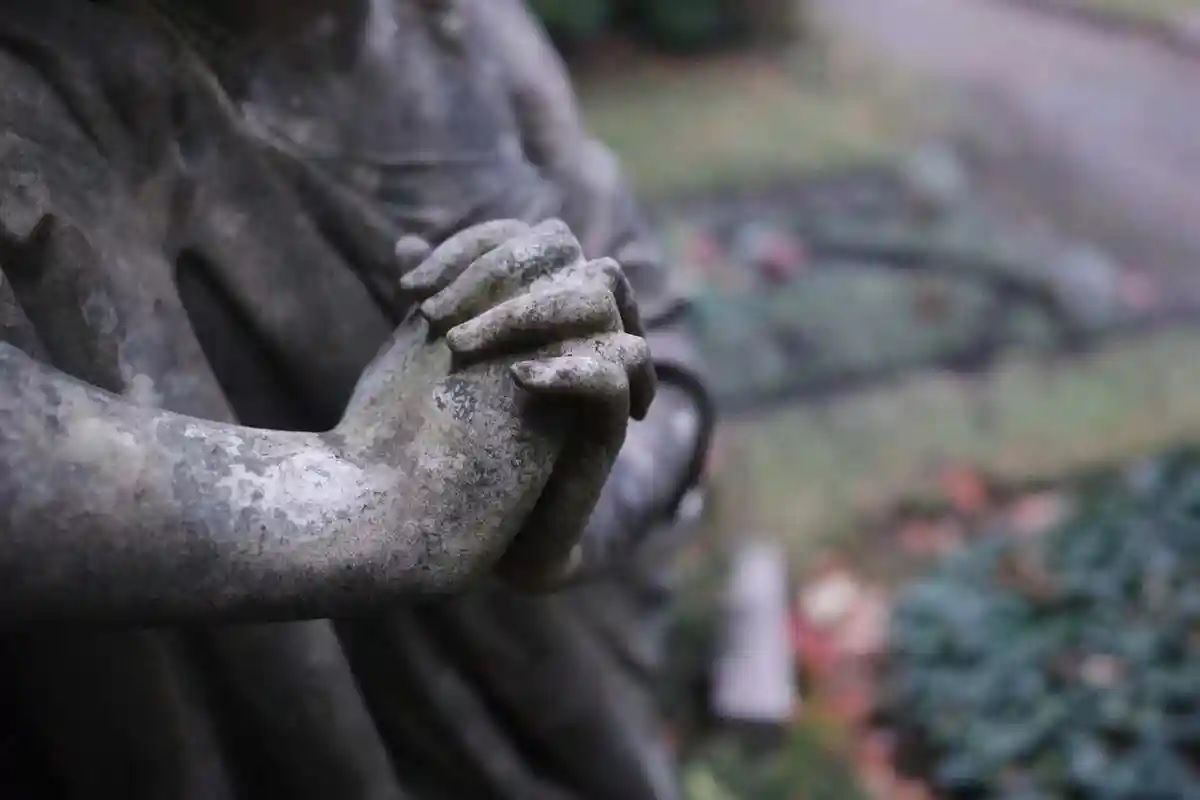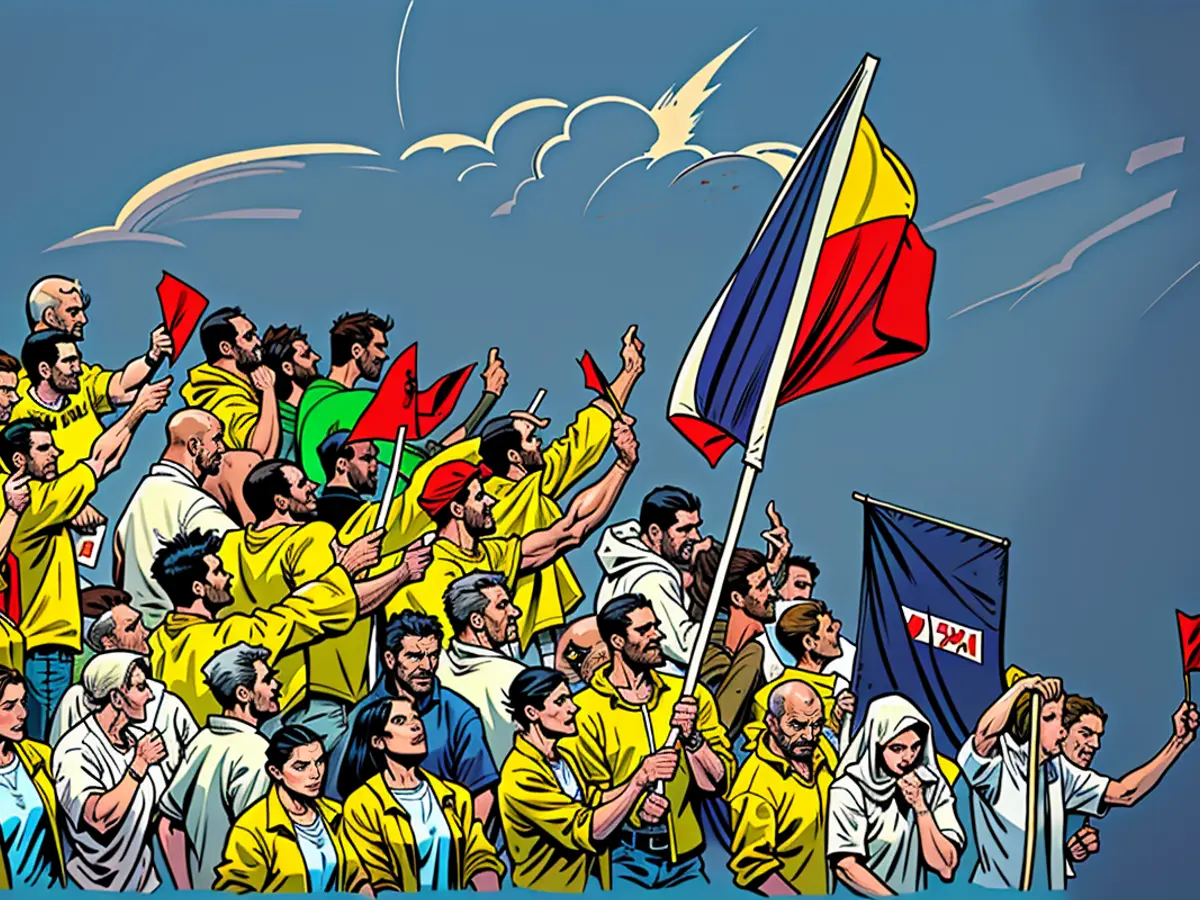Totensonntag — Protestant holiday, a poignant remembrance of departed loved ones, is annually observed on the last Sunday before the beginning of Advent, which this year falls on November 26.
Related topics: Calendar page 2023: November 27
Totensonntag: 6 facts about the German Day of Remembrance for the Dead
1.This day was first observed in 1816
The roots of the Totensonntag holiday date back to the 1800s when it was first celebrated in the Kingdom of Prussia.
King Friedrich Wilhelm III sought a reason not only to honor the memory of soldiers who died in the War of Liberation in 1813 but also to remember his late wife, Louise von Mecklenburg-Strelitz, who passed away in 1810.
2.It is a protected federal holiday
In all states except Hamburg, Totensonntag is legislatively declared a "day of silence."
According to this decree, restrictions are usually imposed on public entertainment that could disrupt the solemnity of the holiday, including dancing and live musical performances at various establishments.
3.It is not only a German holiday
In addition to Germany, Totensonntag is also observed in Switzerland, where it is often called "Ewigkeitssonntag."
In countries with a significant Protestant population, such as Austria, Scandinavia, and the Netherlands, a similar day dedicated to the remembrance of the deceased is often observed.
4.Totensonntag affects Christmas markets
Traditionally, the most well-known markets, including those in Berlin, Münster, Munich, Augsburg, Bremen, Hanover, Lübeck, Frankfurt, and Hamburg, begin their operations on November 27, the day after Totensonntag.
However, markets in other regions may open earlier and close on Sunday the 26th.
5.Celebrating Totensonntag can vary
Many prefer to visit the graves of departed loved ones, drawing comparisons to the Mexican holiday "el Día de los Muertos," although in Germany, such visits typically occur during the day rather than at night.
Additionally, some choose to attend church to light candles in honor of those they have lost, often lighting one candle for each beloved person.
6.It is not the only day of remembrance for the deceased
In Germany, since 1952, there has been a tradition of observing the Memorial Day for the Fallen in Conflicts: "Volkstrauertag" (People's Mourning Day).
This day is marked two Sundays before the first Sunday of Advent and is commemorated with a solemn ceremony in the German Bundestag, where victims of violence and war from all nations are remembered and honored.
Related topics:
The related topic page for November 27, 2023, includes information about various Christmas markets that typically open on this day, as many of them delay their opening until after Totensonntag. (Calendar page 2023: November 27)
Although Totensonntag is mainly observed in Germany, it shares similarities with the "Ewigkeitssonntag" in Switzerland and the observance of a day for the remembrance of the deceased in countries with a large Protestant population like Austria, Scandinavia, and the Netherlands.




